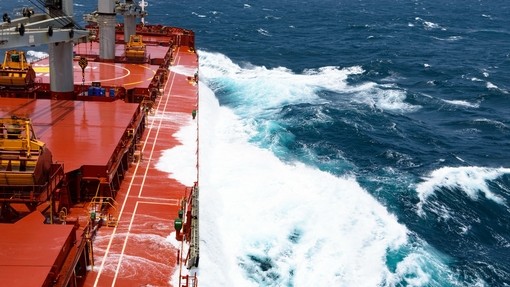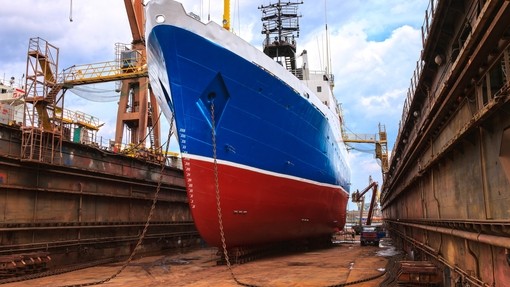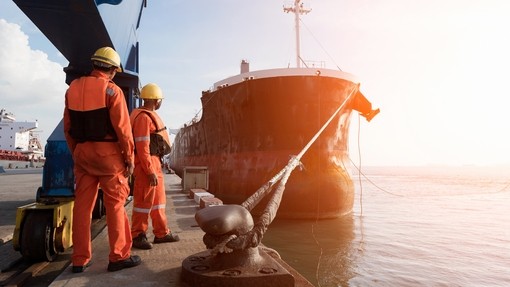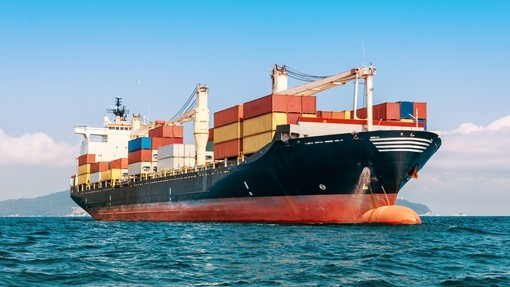Shipping case digest
January 2024

Shipping case digest – January 2024
Our Shipping case digest is back!
The revised quarterly newsletter will be providing you with concise and useful summaries of recent legal decisions in the shipping market.
The Supreme Court has decided that holders of the bills of lading were liable for a contribution in general average that related to the payment of a ransom to pirates that had seized the vessel in the Gulf of Aden in October 2010. The judgment will be of particular interest to those dealing with war risks issues arising in the context of the Russia/Ukraine conflict and the Red Sea attacks.
The Court has held that the York-Antwerp Rules 2016, and not the 1994 version, applied to the general average adjustment in this case, pursuant to clause (3) of the standard Congenbill 1994 form. The decision has significant implications for the time limits applicable to the recovery of general average contributions.
In this dispute arising out of four ship sale contracts on the Norwegian Saleform 2012 form, the Court has decided that the deposits were not claimable in debt but only recoverable as damages.
Can an assignee of cargo claims under bills of lading be held liable to pay equitable compensation to the carrier if, in breach of an equitable obligation to arbitrate those claims, the assignee brings proceedings in respect of those claims in a foreign court against a party other than the carrier? In principle, yes.
Does the negligent navigation defence under Article IV(2)(a) of the Hague Rules apply where, in breach of charterers’ employment orders, a vessel proceeds into territorial waters and waits at anchor there, in breach of local law? It may or may not, depending on the facts of the case.
This cargo damage claim provides a useful reminder that, in this context, discharge is not the same as delivery and that the Hague Rules govern the carrier’s liability only between the point of loading and the point of discharge, with any liability for matters occurring before or after those points being a matter of contract.
This relatively low-value personal injury claim went to the Supreme Court because it raised a point of general importance with regard to the rule that if a party wishes to challenge the other side’s factual or expert witness evidence, it should do so by cross-examining that witness.













